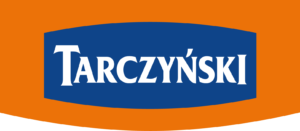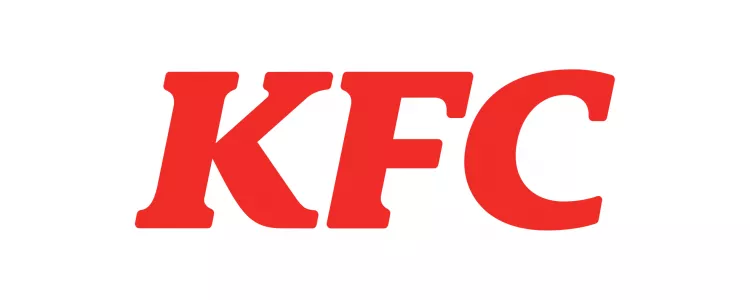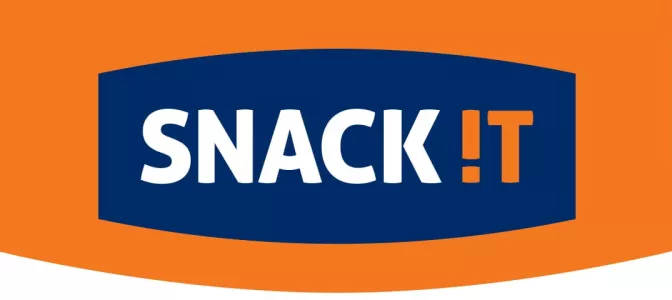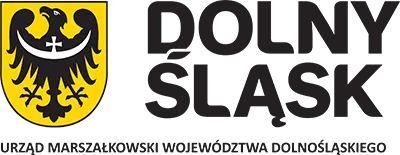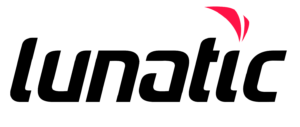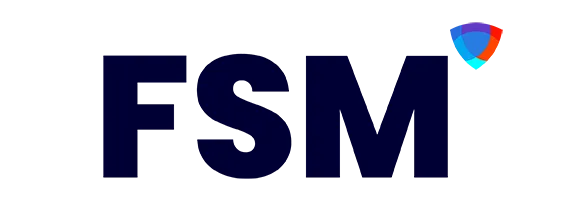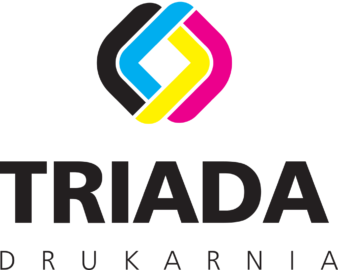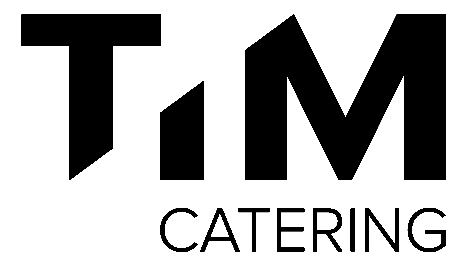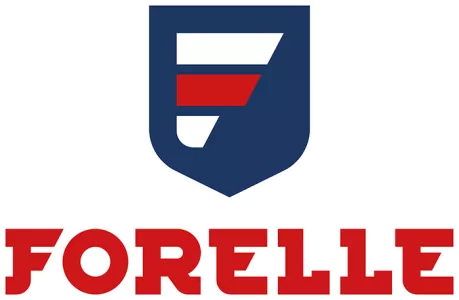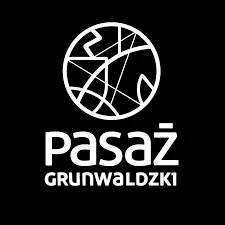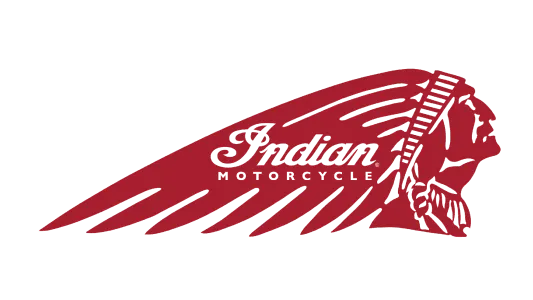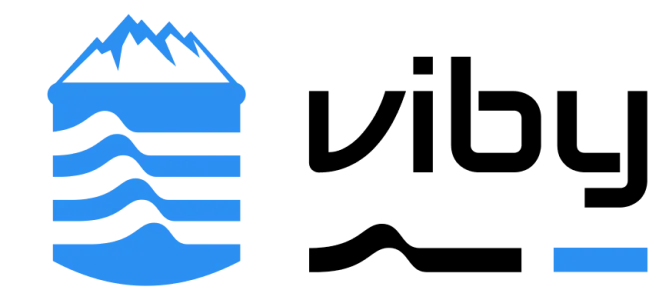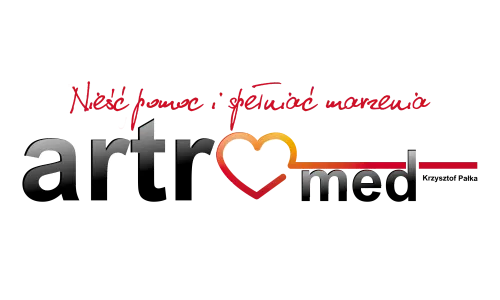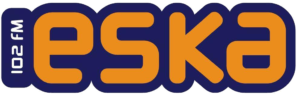
Artur Hnida: We need to work in this direction [INTERVIEW]
2 years ago | 05.11.2023, 11:49![Artur Hnida: We need to work in this direction [INTERVIEW]](https://dfdu1vke3eg77.cloudfront.net/spaces/181/img/news/5bed64e2cd2658e2c1c3167bf48c1285.webp)
Artur Hnida joined the Panthers Wrocław earlier this year. After years of working with basketball and volleyball players, the past season was his first as the team's American football physiotherapist. What does his daily work at the club look like? How does he collaborate with the rest of the team's medical staff? And how does he assess the organization's development?
Artur Hnida is a former Śląsk Wrocław basketball player who won the Polish championship twice in the early 1990s. For the past 28 years, he has been an excellent physiotherapist, first at Śląsk, where he enjoyed the club's golden era, then at Gwardia and Volley Wrocław, and now in the black and blue colors. Since the beginning of 2023, Hnida has been the head of the physiotherapy team at Panthers Wrocław, where he runs the club's facility open to all players.
Filip Skalski: How would you sum up your first season with the Panthers Wrocław?
Artur Hnida: It was a season full of challenges. I started working with the Panthers Wrocław after a full season with volleyball players, so I carried some additional fatigue. The number of players on-site definitely surprised me – I had not yet encountered such a large team. However, I had dealt with similar injuries before, so that wasn't a surprise. American football is a highly physical sport, so the physiotherapy and medical care in such a team differ from other disciplines.
What does your daily work in the club look like?
It's the private clinic of Panthers Wrocław, open to all club players, not only football players but also members of other sections. However, from May to September, there are more football players here because that's when the season is in progress. We are always available on-site when needed, and I don't think anyone has been left without care. During the offseason, the clinic operates the same way as before, although football players visit less frequently since they train individually – there are no team practices yet. For instance, when the European Ultimate Frisbee Championship was taking place, we assisted our players, just as we help lacrosse and softball players. We also take care of the junior players. Making an appointment is as simple as making a phone call.
How does working with the Panthers Wrocław differ from your previous experiences with Śląsk, Gwardia, and Volley?
First and foremost, American football is an outdoor sport, not played indoors. There are theoretically fewer training sessions, but they are much more intense and lead to fatigue and pain lingering for a much longer time. In reality, football players wouldn't be able to train so intensely every day. This somewhat surprised me. On the other hand, the team's approach to training, their passion, and dedication are at a very high level. These are the kind of people you'd go to great lengths for. I am very pleased with my decision to come here. I enjoy being with the Panthers, and I believe that, along with the physiotherapy team, we have created an attractive place for the players in our clinic where they can come to recover and relax.
Sebastian Krupa recently joined the medical staff of Panthers Wrocław. How do you assess this transfer? Can we now say that the medical team is complete?
I think the transfer is excellent. As mentioned earlier, he was the missing piece in our setup. The entire medical side of the club has changed a lot since last year and the establishment of the clinic. However, we still lacked a doctor with sports experience – because treating an average person is different from treating an athlete. I have known Sebastian Krupa for over a decade. We had occasional contact with each other – I used to work in basketball, and Sebastian was the national team doctor for basketball. Later, when I worked with volleyball players, Dr. Krupa operated on one of my players. We have always had a good connection, and I can only speak highly of him. He is simply a top-notch professional. We have had several meetings recently, and I am convinced that a very good collaboration is taking shape. He is a doctor with extensive experience who can quickly diagnose injuries, and in our clinic, we will try to get the players back in action as soon as possible.
What will the entire medical staff of Panthers Wrocław look like now?
The first link is me, as I am present at every training session. I am supported by physiotherapists from our partner, GO ON CLINIC. Throughout the season, I worked with Mateusz Brzoza and Kamil Sokołowski, along with an intern, Nikodem Rudnicki. Diagnosing would not be possible without collaborating with a doctor, which, for years at Panthers Wrocław, has been Jagoda Janas. She is with us at every match, examining players during and outside the season. However, we also needed an orthopedic doctor who specializes in trauma because this field is most crucial in diagnosing American football players. Sebastian Krupa, who has taken on this role, is also a doctor who performs surgical procedures and uses ultrasound, providing us with basic diagnostics, and most importantly, he will be with us every day. That's our medical team. We also cooperate with Orthos Hospital, where two of our players were operated on after the season. We still rely on GO ON CLINIC. We are very satisfied with this arrangement.

What is most important in the work of physiotherapists?
Typically, when you work somewhere, the evaluation of a given work segment occurs from time to time – for example, once a month or once a quarter. However, if there are two training sessions a day, the club's physiotherapist is evaluated twice a day. From day to day, from training to training, the coach looks at how many players he has. If a player is absent, it is naturally connected to the physiotherapist. The pressure is quite high, and that's why I always tell our physiotherapists that the most important thing is to have as many players available as possible at every training session, and we need to work in that direction.
How will the process work now in the case of an injury to a specific player?
We perform the initial diagnosis as physiotherapists present at training. During matches, we can rely on Jagoda Janas or the ambulance. At this point, after the initial diagnosis, a phone call is made to Sebastian, and within a few hours, the player is admitted and diagnosed. At this point, a decision is made regarding further diagnostics – whether the player returns to the physiotherapists, and we deal with it, or goes to a clinic because specialized treatment is needed, or perhaps does additional exercises with coach Łukasz Sutkowski in the gym. This is the initial path that will now function. If we play a match on Sunday, the players must be ready for Wednesday's training. So, we only have two days to find out if a player will be absent from the next match because coaches need to receive that information.
Is there less work during the offseason? Can't you wait for the next season?
We are currently in a bit of a quieter phase due to the 5-month season, which, in my case, lasted for 13 months – there was a lot of tension. There was a lot of work, so now it's a bit easier, but we are always available. We are preparing, improving the clinic, and expanding the medical staff. It's also a time to train and gather new energy because when we start in April, we essentially work non-stop. There is no rest or time to relax. It's short but very intense – that's the specificity. I am satisfied and look forward to the new season; we will strive to continuously improve every aspect of our work.
